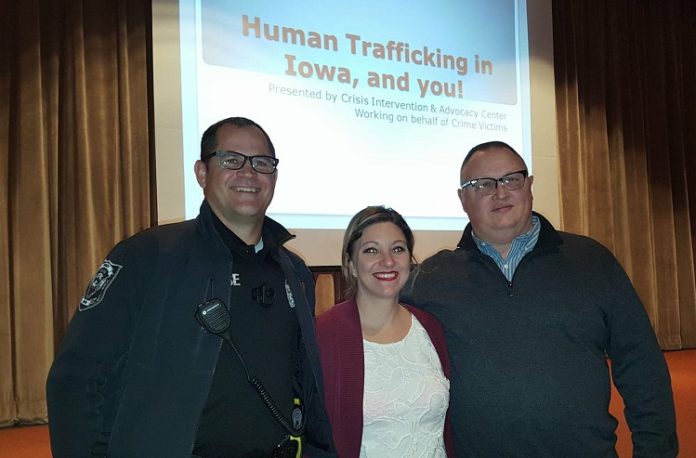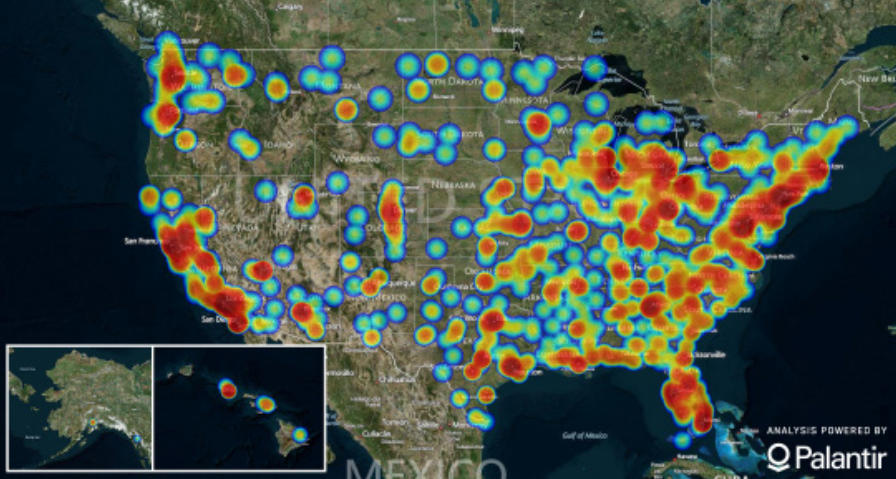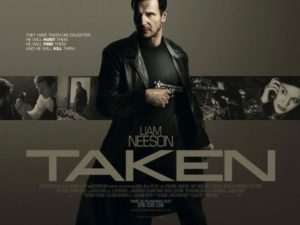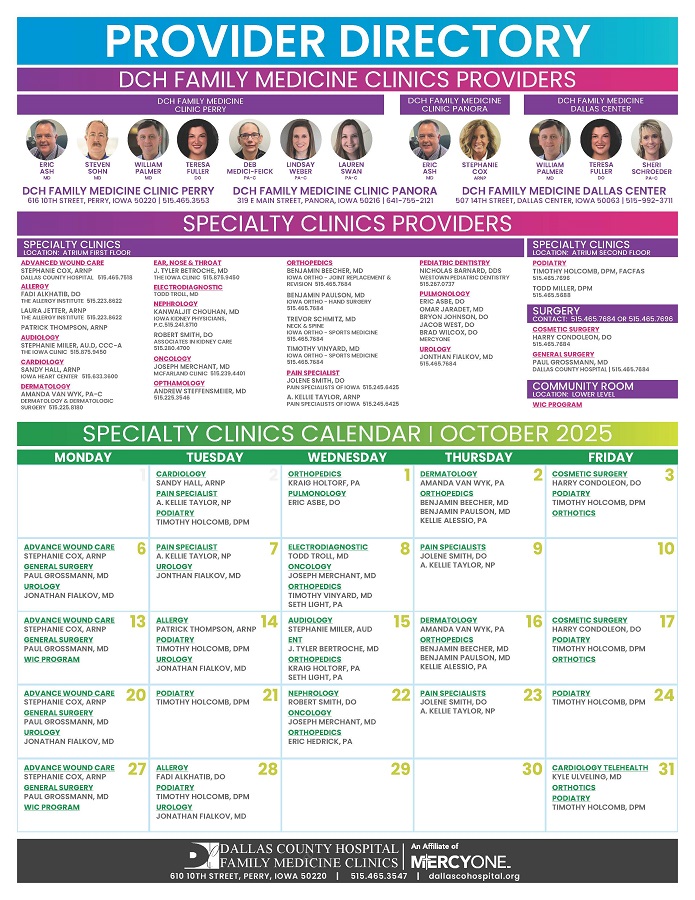

The modern form of slavery called human trafficking might seem like a problem remote and far away from small-town Iowa, something one only sees in vicious urban environments or in impoverished and violence-plagued countries overseas.
But human trafficking occurs right here in central Iowa, either in the form of sex slavery or labor slavery, wherever force, fraud or coercion is used to obtain labor from captive victims.
This was one of many appalling facts revealed Wednesday at the McCreary Community Building when Perry Police Department Chief Eric Vaughn, Crisis Intervention and Advocacy Center (CIAC) Domestic Abuse Specialist Nikki Kinkennon-Bettis and CIAC Violent Crime Victim Specialist Dan Brickner discussed human trafficking in Iowa.
About a dozen area seniors attended the Wednesday Fellowship presentation, introduced by Marilyn Pentico, who preceded her introductions by quoting New Year’s advice from a Quaker newsletter:
“Live beneath your means. Return everything you borrow. Stop blaming other people. Admit it when you make a mistake. Give clothes not worn to charity. Do something nice and try not to get caught. Listen more. Talk less. Every day take a 30-minute walk. Strive for excellence, not perfection. Be on time. Don’t make excuses. Don’t argue. Get organized. Be kind to people. Be kind to unkind people. Let someone cut ahead of you in line. Take time to be alone. Cultivate good manners. Be humble. Realize and accept that life isn’t fair. Know when to keep your mouth shut. Go an entire day without criticizing anyone. Learn from the present. Don’t sweat the small stuff. It’s all small stuff.”
Not listed among Pentico’s precepts was “Don’t traffic in humans or trade in slaves.” Sadly, it doesn’t go without saying, as Vaughn, Kinkennon-Bettis and Brickner showed. In Iowa, small towns like Fredericksburg and Dennison have been caught up in trafficking cases, and Des Moines is one of the top 100 cities in the U.S. for human trafficking because it lies at the crossroads of two U.S. interstates.
Kinkennon-Bettis said she has spent 10 years working with victims of domestic abuse, sexual assault, homelessness and addiction in CIAC programs covering 10 Iowa counties. Brickner, former chief of the Perry Police Department, covers seven counties in CIAC programs for victims of violent crimes, such as homicide and drunk driving crashes. Human trafficking is a more recent addition to their portfolios.
“Dan and I attended a week-long training in Decorah that was put on by U.S. Department of Homeland Security, the Iowa Attorney General’s office and the Iowa Law Enforcement Academy,” Kinkennon-Bettis said. “We were given the tools and resources to provide training on sex trafficking to law enforcement, medical professionals, community members and whoever else would like training and information on the subject.”
 They said the dismal facts of human trafficking comprise more than the Hollywood stereotypes found in films such as the 2008 “Taken,” starring Liam Neeson.
They said the dismal facts of human trafficking comprise more than the Hollywood stereotypes found in films such as the 2008 “Taken,” starring Liam Neeson.
The International Labor Organization reported in September 2017 an estimated 24.9 million victims are trapped in modern-day slavery. Of these, 16 million (64 percent) were exploited for labor, 4.8 million (19 percent) were sexually exploited and 4.1 million (17 percent) were exploited in state-imposed forced labor.
There is no official estimate of the total number of human trafficking victims in the U.S., but anti-trafficking groups such as the Polaris Project estimate the total number of victims nationally reaches into the hundreds of thousands when estimates of both adults and minors and sex trafficking and labor trafficking are aggregated.
Vaughn, Kinkennon-Bettis and Brickner shared a number of sad stories of children abused and exploited by traffickers.
The rise of internet technology has greatly eased and extended access to sex workers, and a variety of organized efforts have risen in response, such as the Blue Campaign, sponsored by the U.S. Department of Homeland Security, Truckers Against Trafficking and programs of awareness training for hotel and motel employees and ordinary citizens.
If you see suspicious activity that you suspect could be human trafficking, call the Perry Police Department at 515-465-4636 or the National Human Trafficking Resource Center at 888-373-7888.

















This was an excellent and informative program. It is just disappointing that those coming for the noon lunch don’t all come for the programs. A lot of time and effort is given in lining up programs that used to be held weekly but got cut to once a month because of poor attendance.